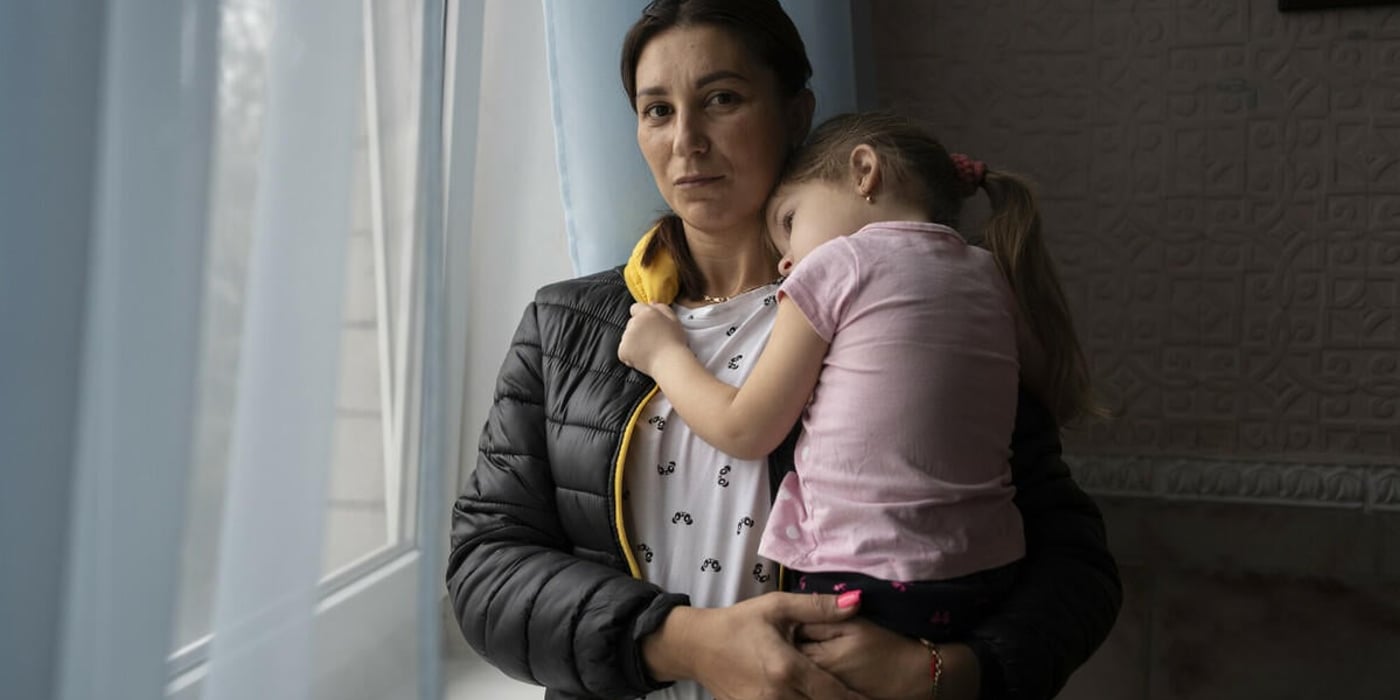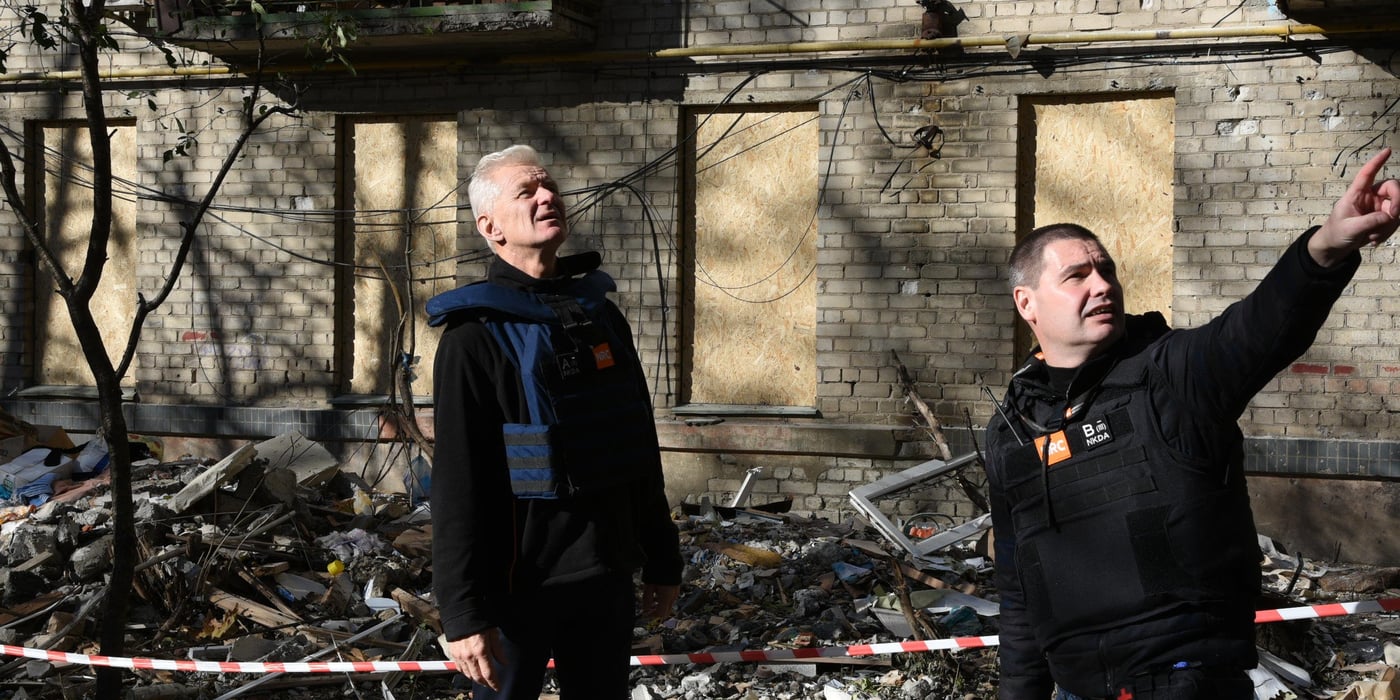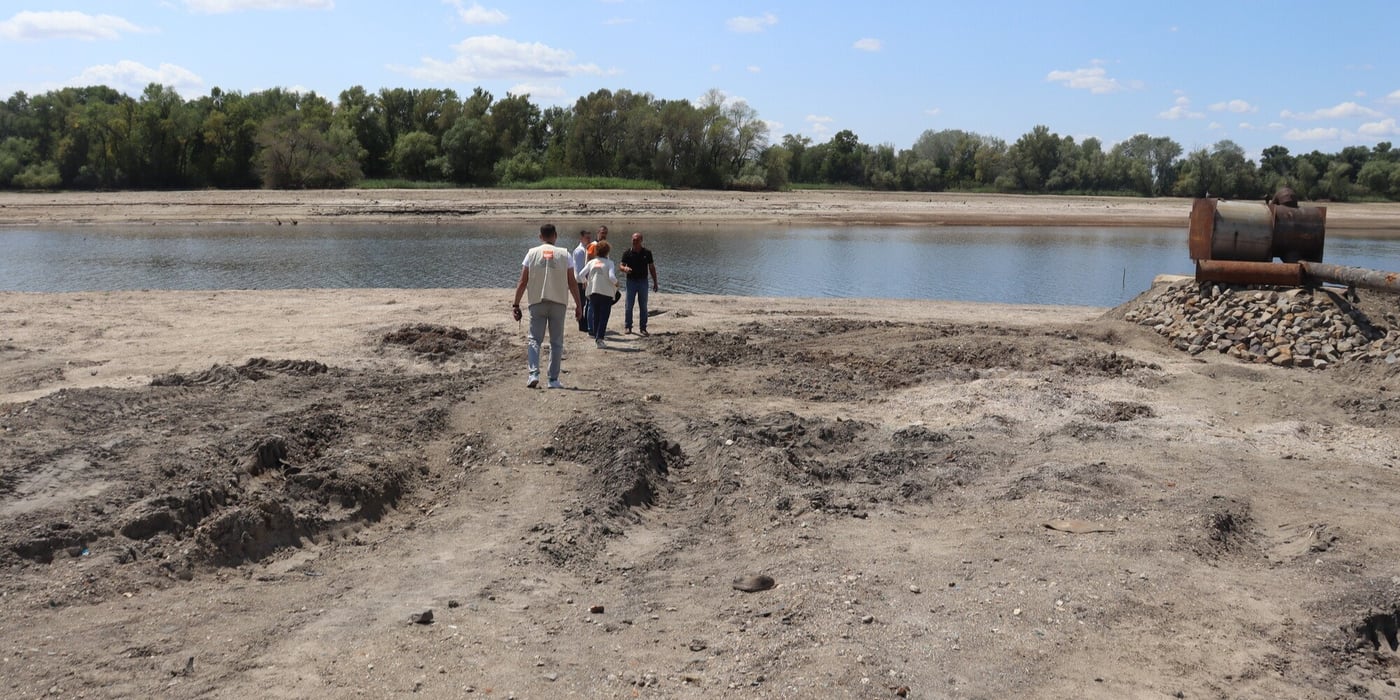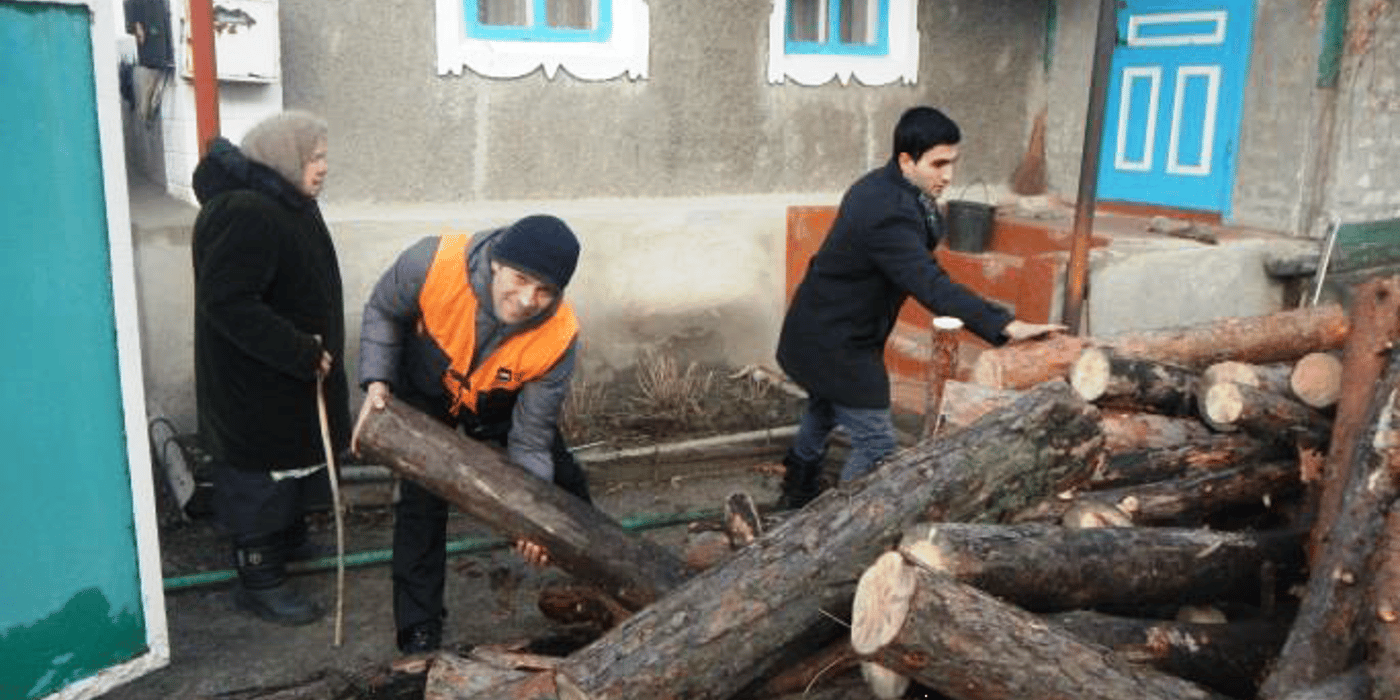
“I do not think people are aware of how desperate the situation is for tens of thousands of displaced. This runs the risk of becoming a critical humanitarian crisis”, Jan Egeland Secretary General of the Norwegian Refugee Council said.
Europe has not seen a refugee crisis on this scale since the Balkan Wars in the 1990s. More than 630,000 Ukrainians have been displaced internally, and some 590,000 people have fled to neighbouring countries. In addition, more than five million people are living within the conflict zone. Electricity, housing, infrastructure and water supply services have been damaged. There is also limited availability of food, medicine and other basic supplies. This combined with the arrival of winter, with temperatures reaching minus 25˚C, makes the situation for many Ukrainians critical. “We fear for the lives of the many refugees and displaced. It is freezing cold and millions of people are caught in the conflict zone with limited access to food and heating”, Mads Almaas, Head of NRC’s Emergency Response Team said.
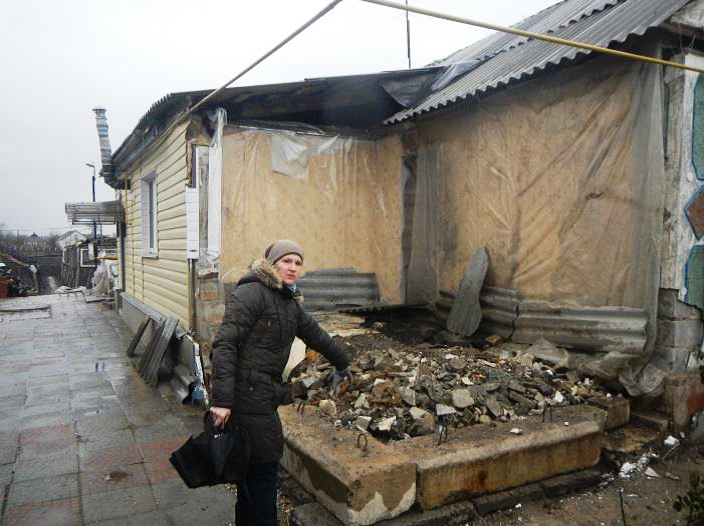
Many houses have been damaged as a result of the conflict. NRC is assisting the reconstruction and repairing of these houses. Photo: NRC/Zoran Filipovic.
Norwegian Refugee Council is among the few humanitarian organisations now setting up relief operations in Ukraine. NRC is currently providing much needed blankets, clothes and heaters to help the displaced cope with the winter cold. NRC will also distribute firewood and other fuel supplies to households who are unable to purchase them. NRC will further assist in repairing houses which have been damaged by the conflict. A team from NRC is now in Severodonetsk in Eastern Ukraine setting up the humanitarian response. Abdulrahman Shikmammadov is heading the aid operation: “There is urgent need to repair damaged houses and to provide materials to insulate communal buildings in conflict areas where many of the displaced are staying. We must do all we can to prevent more people freezing to death.”
The fighting in Eastern Ukraine has intensified after the failure to implement a four-month-old ceasefire earlier this Week. As there is no sign of peace, NRC is preparing to scale up relief activities in Ukraine, Jan Egeland said: “We are gearing up to respond to the growing needs of an increasingly vulnerable population. Norwegian Refugee Council will continue with the vital winterisation activities while also expanding the overall programme to match the needs of the people. This is a major crisis in the heart of Europe and we have an obligation to help”.


